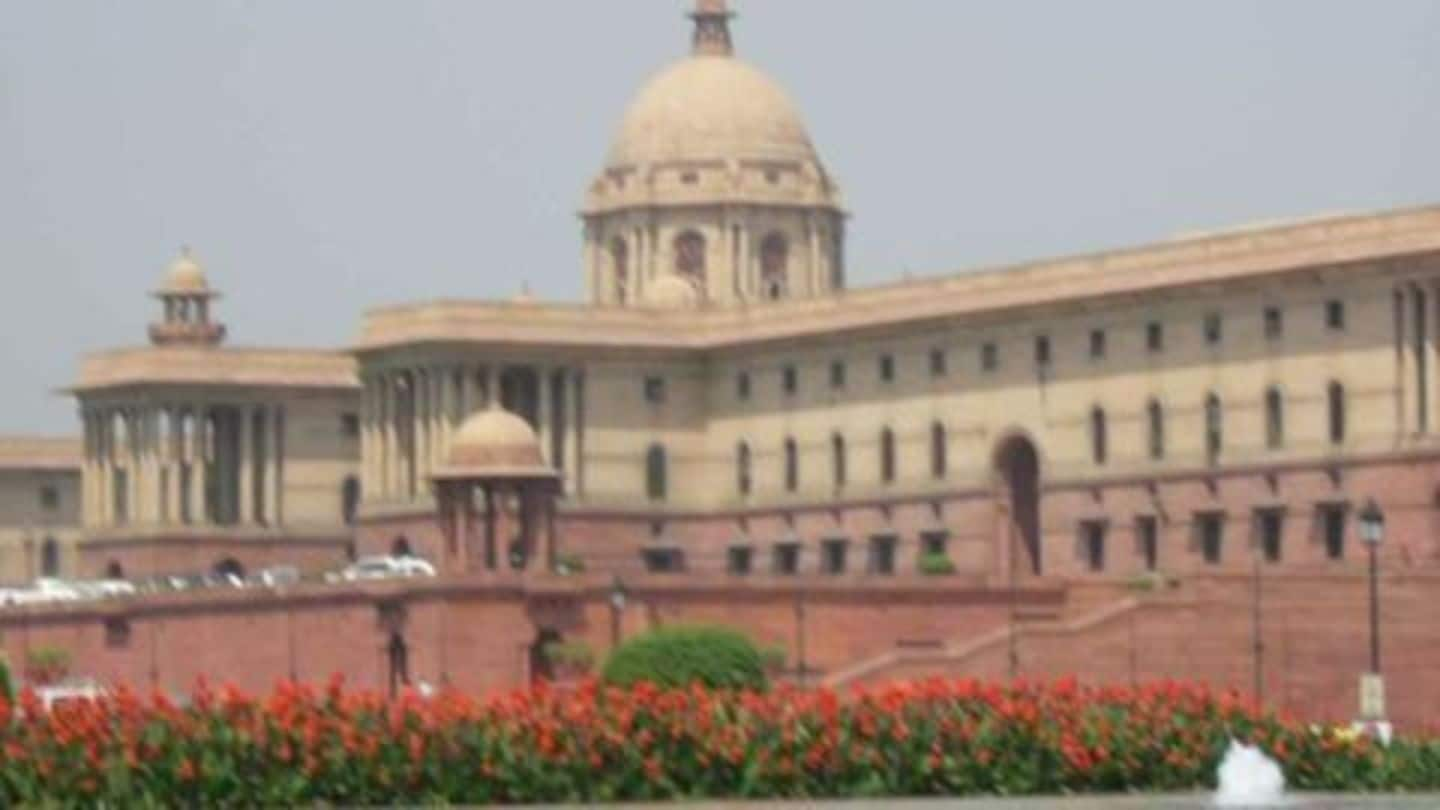
Cabinet slots Union Budget on 1 February, increases wheat prices
What's the story
The Indian government has slated the Union Budget for 1 February, marking a move against a colonial-era tradition of presenting the budget on the last day of February.
The Cabinet also approved higher minimum support prices (MSP) for wheat, and raised its prices by Rs.100 per quintal, equivalent to one kilogram.
The 6.6% hike comes as the wheat harvest season has just begun.
Information
What is the Union Budget?
The Union Budget is one of the biggest financial announcements by the Indian government. The budget presents estimated figures and expenditures for the next fiscal year and also provides a comprehensive account of all expenses undertaken during the previous year.
21 Sep 2016
Cabinet eyes merging Rail budget and Union budget
With the tradition of India's union budget being presented on the last day of February, the government was reported to consider advancing the date to 1 February.
The major step was said to target faster completion of legislative activities and financial business.
The government also proposed that the presentation of the union budget and the rail budget take place on the same day.
26 Oct 2016
PM Modi announces advancement of Union Budget
Last month, Prime Minister Narendra Modi announced that the Union Budget will be advanced by a month to help effect the new financial plans and decisions much ahead of the scheduled date.
The advancement will help ensure faster implementation and completion of projects and schemes.
It will also aid in completing the legislative approvals for the various tax proposals and expenditure plans.
Quote
Finance Ministry looking to implement budget plan from 1 April
"We want the entire budgetary exercise to be over and the Finance Bill to be passed and implemented from April 1 onwards rather than June because then the monsoon sets in and effectively, the expenditures start in October," said Arun Jaitley, Finance Minister.
MSP hike
Other winter-grown crops also see a hike
To boost the production of agricultural products such as pulses and oilseeds, the government backed incentives for winter-grown crops such as gram and lentils.
The procurement price for gram was raised by 14.3% and for lentils by 16.2%.
The hike is much higher than the hike provided over the last two years, and well above the hike proposed by the commission for agricultural costs.